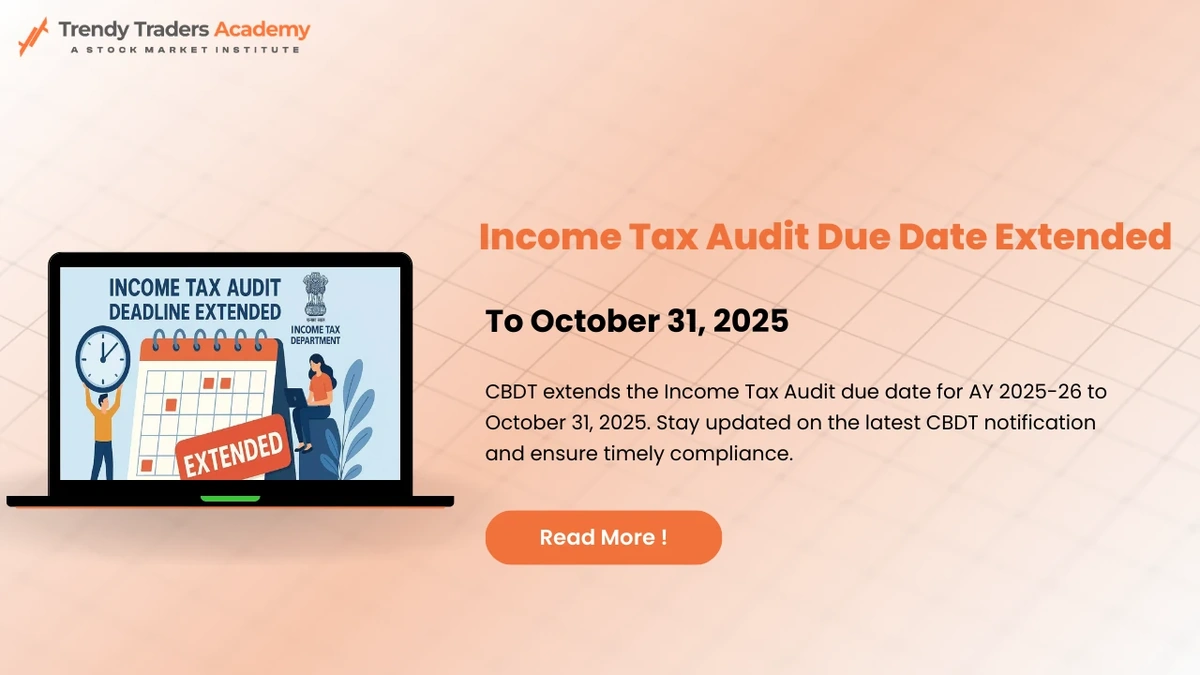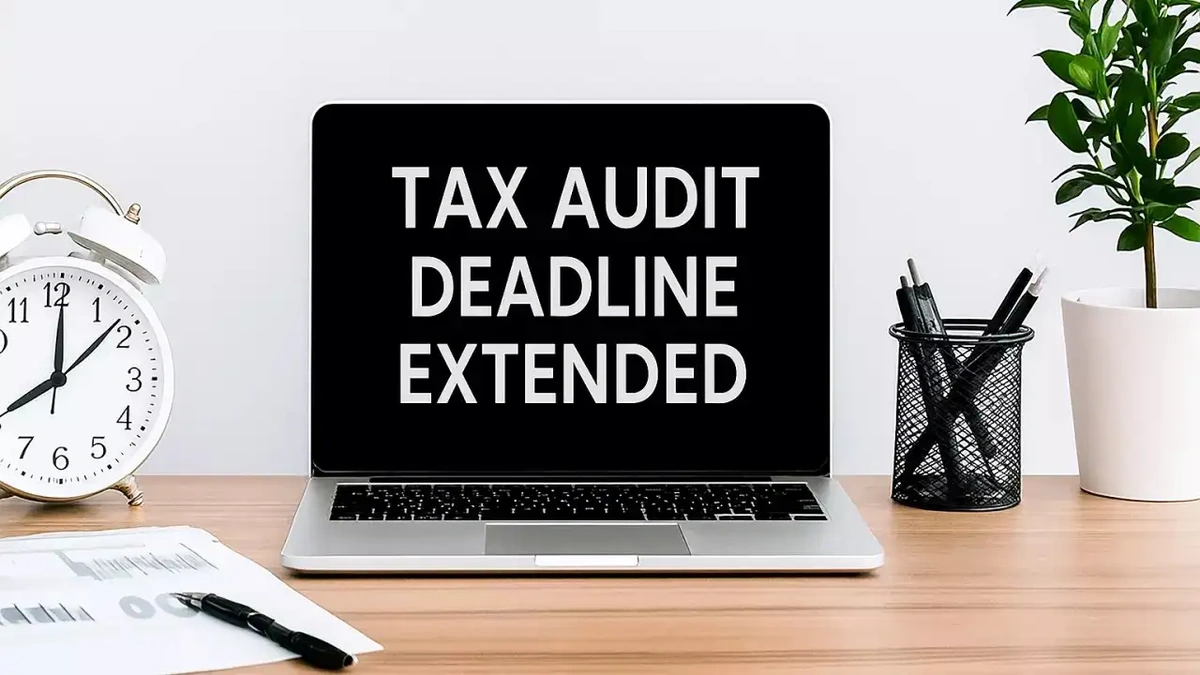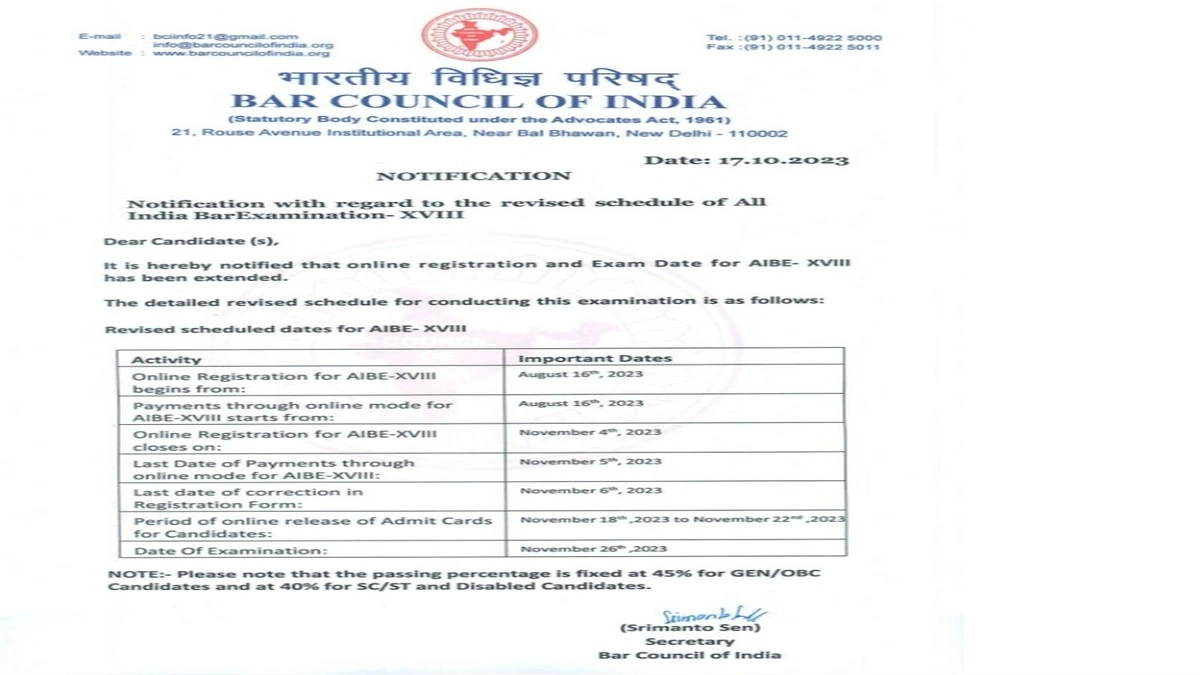Decoding the Income Tax Audit | Why It Matters & How to Navigate It
Okay, let’s talk about something that might sound drier than a week-old chapati: the income tax audit . But here’s the thing – understanding it can save you a whole lot of headache, and maybe even some serious money. It’s not just about ticking boxes; it’s about ensuring your financial house is in order. This isn’t just for businesses; even individuals can find themselves under the microscope. So, grab your chai, and let’s dive in, shall we?
Why is an Income Tax Audit Important? Beyond Just Compliance

So, why does the Income Tax Department even bother with these audits? Think of it as a regular health check-up for your finances. It’s not necessarily because they suspect you’re doing something wrong. It’s more about ensuring everyone is playing by the same rules. The audit helps verify the accuracy of your income tax returns, making sure you’ve correctly reported your income, claimed the right deductions, and paid the correct amount of tax. Consider it preventative. The goal of tax audit applicability is to make sure you are compliant with the ever changing regulations.
But here’s where it gets interesting. It’s not just about compliance. A well-conducted audit can actually help you identify areas where you can optimize your tax planning. Maybe you’ve been missing out on certain deductions, or perhaps there are more efficient ways to structure your income. An audit can bring these opportunities to light. So , it’s like having a financial detective on your side. And let’s be honest, who wouldn’t want that?
Who Needs to Worry About an Income Tax Audit? Understanding the Thresholds
Now, who actually needs to be concerned about this? It’s not everyone. The requirement for an income tax audit depends on your profession, business turnover, and certain other factors. For businesses, the threshold is generally a turnover of ₹1 crore. But , there are exceptions. If you’re opting for the presumptive taxation scheme (under sections 44AD, 44ADA, or 44AE), the rules are slightly different. Let me rephrase that for clarity – if your turnover is above ₹1 crore and you are not opting for presumptive taxation, you’re generally required to get your accounts audited.
For professionals, like doctors, lawyers, or consultants, the audit trigger is generally when your gross receipts exceed ₹50 lakh in a financial year. But , and this is a big but, if you’re claiming profits lower than what’s prescribed under the presumptive taxation scheme (section 44ADA), you might need an audit even if your receipts are below ₹50 lakh. Confusing, right? This is why understanding the nuances of tax audit limit is important.
Keep in mind that these thresholds can change, so it’s always best to check the latest regulations issued by the Income Tax Department. You can usually find this information on their official website. According to the latest notifications from the Income Tax Department, these thresholds are subject to periodic revisions to reflect economic changes. Also important to take note of is the tax audit due date and how failing to comply may result in penalties.
The Nitty-Gritty | What Happens During an Income Tax Audit?
So, what actually happens during an income tax audit? Well, you will need to hire a Chartered Accountant (CA) to conduct the audit. The CA will examine your books of accounts, verify your income and expenses, and ensure you’ve complied with all the relevant provisions of the Income Tax Act. They’ll also look for any discrepancies or errors that need to be rectified. A common mistake I see people make is not keeping proper documentation.
One of the key things the auditor will look at is your compliance with GST (Goods and Services Tax) regulations, if applicable. They’ll verify whether you’ve correctly paid your GST and filed your returns. They will then submit an audit report . This report highlights if you have adhered to the rules and regulations in place for compliance.
The auditor will also check for any instances of tax evasion or fraud. Let’s be honest; nobody wants to be on the wrong side of the law. The penalties for tax evasion can be quite severe, so it’s always best to be transparent and honest in your dealings.
How to Prepare for an Income Tax Audit | Tips and Tricks
The best way to prepare for an income tax audit is to maintain proper books of accounts and keep all your documents in order. This includes invoices, receipts, bank statements, and any other documents that support your income and expenses. The one thing you absolutely must double-check is the accuracy of your financial records.
It’s also a good idea to consult with a tax professional who can guide you through the process and help you ensure you’re complying with all the relevant regulations. They can also help you identify any potential issues and rectify them before the audit begins. Pro Tip: Keep digital copies of all your documents. It makes life easier.
Remember, transparency is key. Be open and honest with the auditor, and provide them with all the information they need. Trying to hide something will only make things worse in the long run. Instead, if you have prepared yourself for the audit, chances of penalties decreases. A good grasp of section 44ab , as mentioned previously, will help ensure transparency.
The Consequences of Non-Compliance | Penalties and More
What happens if you don’t comply with the income tax audit requirements? Well, the consequences can be quite serious. You could face penalties, interest charges, and even prosecution. The exact penalty will depend on the nature of the non-compliance and the amount of tax evaded. But , trust me, it’s not something you want to experience.
In addition to financial penalties, non-compliance can also damage your reputation. Nobody wants to be known as a tax evader. It can affect your ability to obtain loans, secure contracts, and even do business with certain companies. The risks of failing a income tax scrutiny can have many repercussions.
So, there you have it – a crash course on income tax audits. It might seem daunting, but with a little preparation and the right guidance, you can navigate it with ease. Remember, it’s not just about compliance; it’s about ensuring your financial health and optimizing your tax planning. If you are unsure, seek assistance from an expert tax advisor . Now, go forth and conquer those taxes!
FAQ | Your Income Tax Audit Questions Answered
What if I forgot my application number?
Don’t panic! You can usually retrieve it from the Income Tax Department’s website or by contacting their customer service. Keep your PAN and other details handy.
Can I represent myself during the audit?
Technically, yes. But , it’s generally advisable to have a tax professional represent you. They understand the nuances of the law and can present your case more effectively.
What happens if the auditor finds discrepancies?
You’ll be given an opportunity to explain the discrepancies and provide supporting documentation. If the auditor is not satisfied, they may recommend adjustments to your income tax return.
How long does an income tax audit take?
It depends on the complexity of your case. But , it can typically take anywhere from a few days to a few weeks.
What documents are required for an income tax audit?
This includes invoices, receipts, bank statements, and any other documents that support your income and expenses.
And here’s a final thought: think of your tax planning as a continuous process, not just something you do at the end of the year. Regular reviews and consultations with a tax professional can help you stay on top of things and avoid any last-minute surprises. Check this out. Remember, knowledge is power, especially when it comes to taxes.













